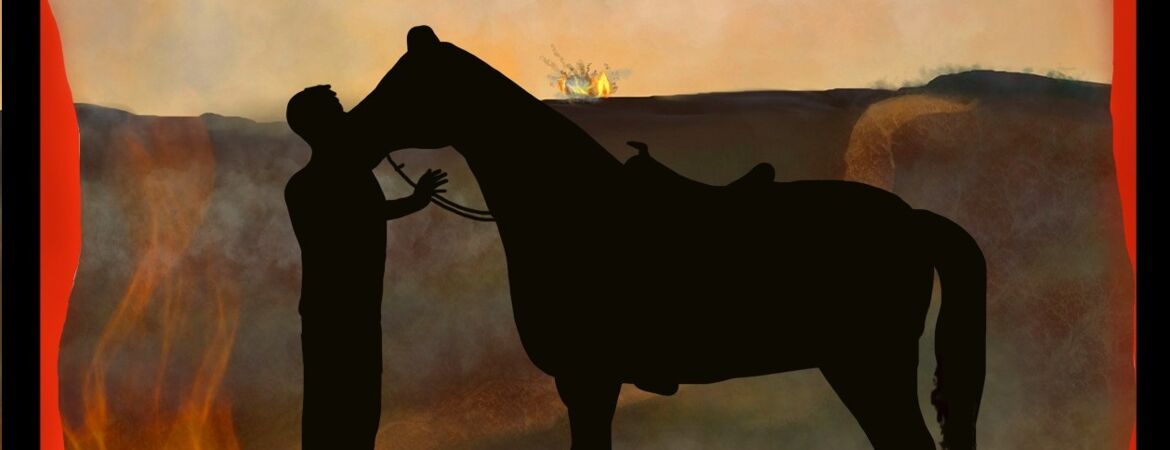Performing Arts - Drama
Drama and Performing Arts at Trinity focusses on supporting all students in building confidence and discipline through exploring and developing their creativity throughout their journey. Through carefully designed lessons, students will improve their creativity, practical performance and apply them in a range of different theatrical styles and circumstances. As a practical subject, students will be able to gain understanding through physical and vocal application both during rehearsals and performances.
Students will practice commitment and self-discipline through the encouragement and sense of challenge during both independent and group work. The majority of work is completed in groups, promoting co-operation and commination skills. Student are also encouraged to take turn in leading and directing their group supporting confidence growth. In addition to this, students will gain an understanding of empathy through watching their peers and feeding back on their work. In doing so, this will help students understand a range of viewpoints and emotions through practical performance. Students will further improve and develop their evaluative writing and verbal skills, through peer and self-reflection.
As well as taking part in lessons, drama and performance are a popular sector within our co-curricular program. Through year group drama clubs to whole school productions, students have the opportunity to explore all aspects of drama from performance, lighting, sound and costume design the opportunities are vast.
All students learn a range of physical and vocal skills how and why they are used and what impact they can have within a performance. Students learn how these specific skills are applied to a range of different practitioners and theatrical styles with understanding on the methods behind their use. Finally students in addition to the understanding of practical skills students will gain further knowledge on dramatic techniques how and why they’re used with links to specific practitioners and styles. The journey through this curriculum gives the student not only a solid understanding of the steps taken when creating performance and character, but builds upon their communication skills, confidence and cooperation. Themes of work include Melodrama, Pirates, Bullying, Mime, London Riots and Commedia Dell’Arte
Throughout studying GCSE Drama students undertake a range of lessons that explore a variety of practical theories that underline the Drama curriculum. Students will be able to identify, apply and analyse the use of performance skills and dramatic conventions with a solid understanding of their impact. Specific styles that will be explored through this time will be Brecht, Stansilavski, Physical Theatre, Classical theatre and Artaud.
By the end of year 11 students will be able to comprehend the use of such skills and techniques in their original and professional works with further analytical response that links to the social, historical context. Furthermore, student’s practical ability will be assured, sophisticated and performed with meaning and confidence identifying their practical understanding of style, skill and technical reason and responsibility within the arts.
A-level drama is an extension from prior knowledge gained at GCSE and focusses on a more in-depth and mature practical and analytical understanding. Throughout the two years our intention is to further students understanding on the processes and practices involved in creating theatre and undertaking practical exploration to improve their theoretical knowledge of drama and theatre. In addition to this students will comprehend and develop an understanding and appreciation of how the social, cultural and historical contexts of performance texts have influenced the development of drama and theatre. Our course offers a broad variety of stylised work highlighting a range of coherent and relevant themes so support our students in having a fully rounded learning experience.
SEND and Drama at Trinity
At Trinity it is an expectation that all lessons and supporting resources have effective provision for students with SEND, so that they are able to make equal progress to their peers. SEND data is analysed and used to inform planning and interventions where necessary.
In Drama all teachers consider the needs of SEND students in three ways. Firstly, teachers consider a ‘seating check’. In Drama this means that seating plans are adjusted so that students are placed in suitable locations according to their needs. Some students require being closer to the front of the class to ensure there is an opportunity for the teacher to give them one-on-one support and check in with them on their understanding. The seating strategy provides teachers the opportunity to chunk and scaffold relevant information and allow all pupils equal success within the lesson.
Secondly all resources are checked to ensure they are inclusive. In Drama this means that hand outs are printed in SEND friendly font’s, relevant background colours and font sizes. Some resources have images to support understanding if relevant (dual coding).
Finally, the way Drama is implemented at Trinity ensures all SEND students can make progress and access the practical curriculum easily. This means that essential Drama skills are revisited, allowing those who are less confident, physically or emotionally, to develop their physical, vocal and critical thinking skills further. For written tasks, writing frames and other supporting materials are provided to aid them.


